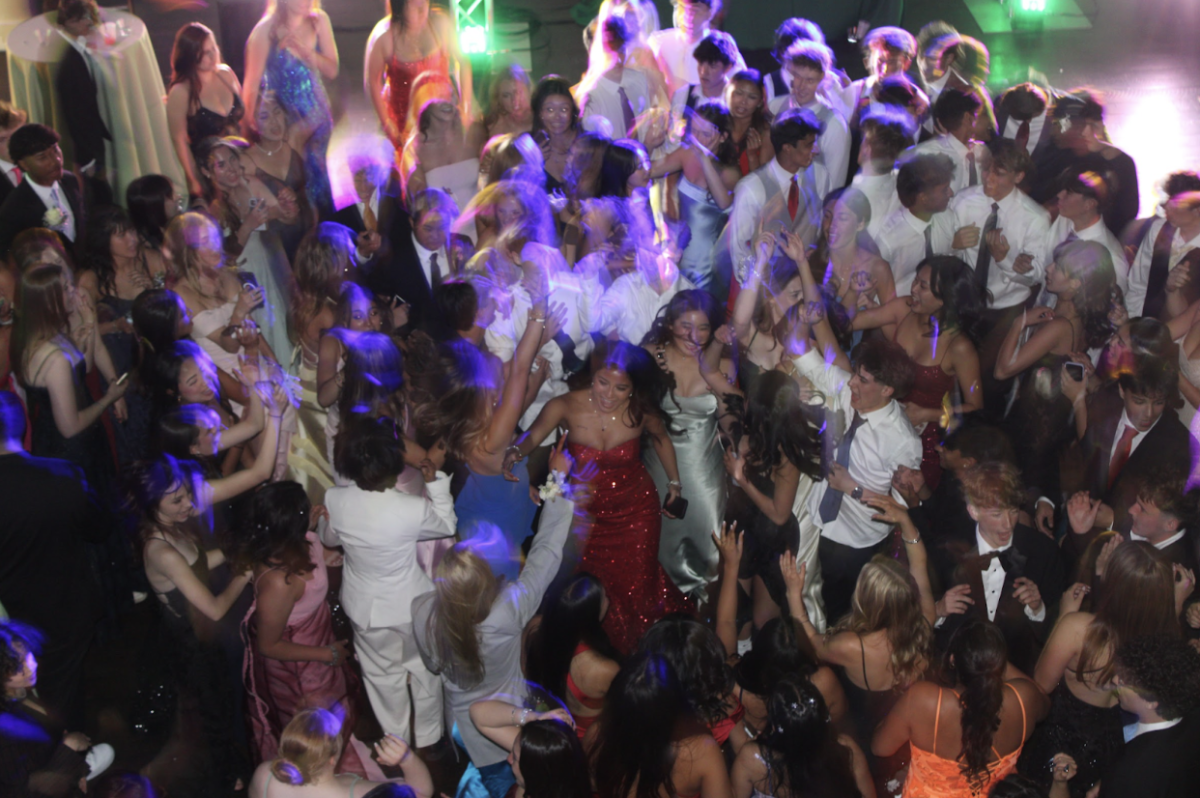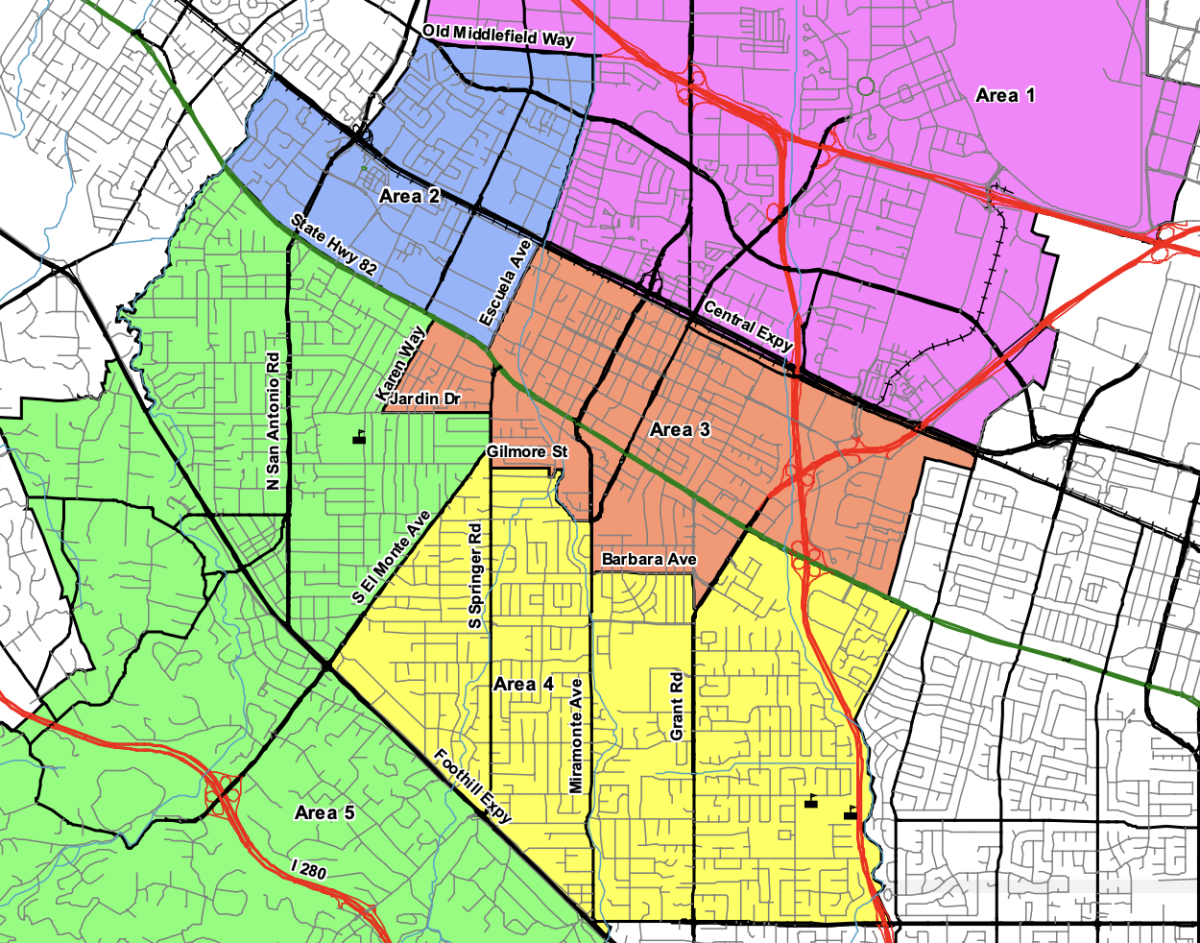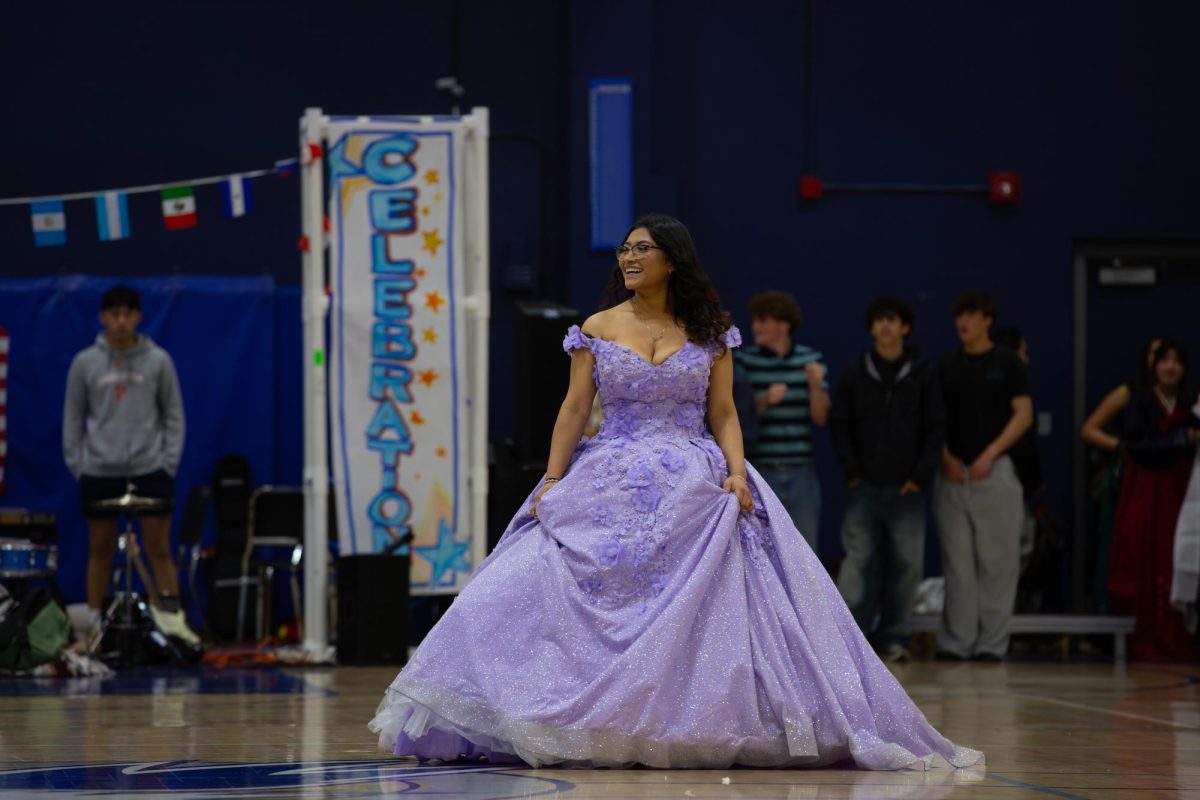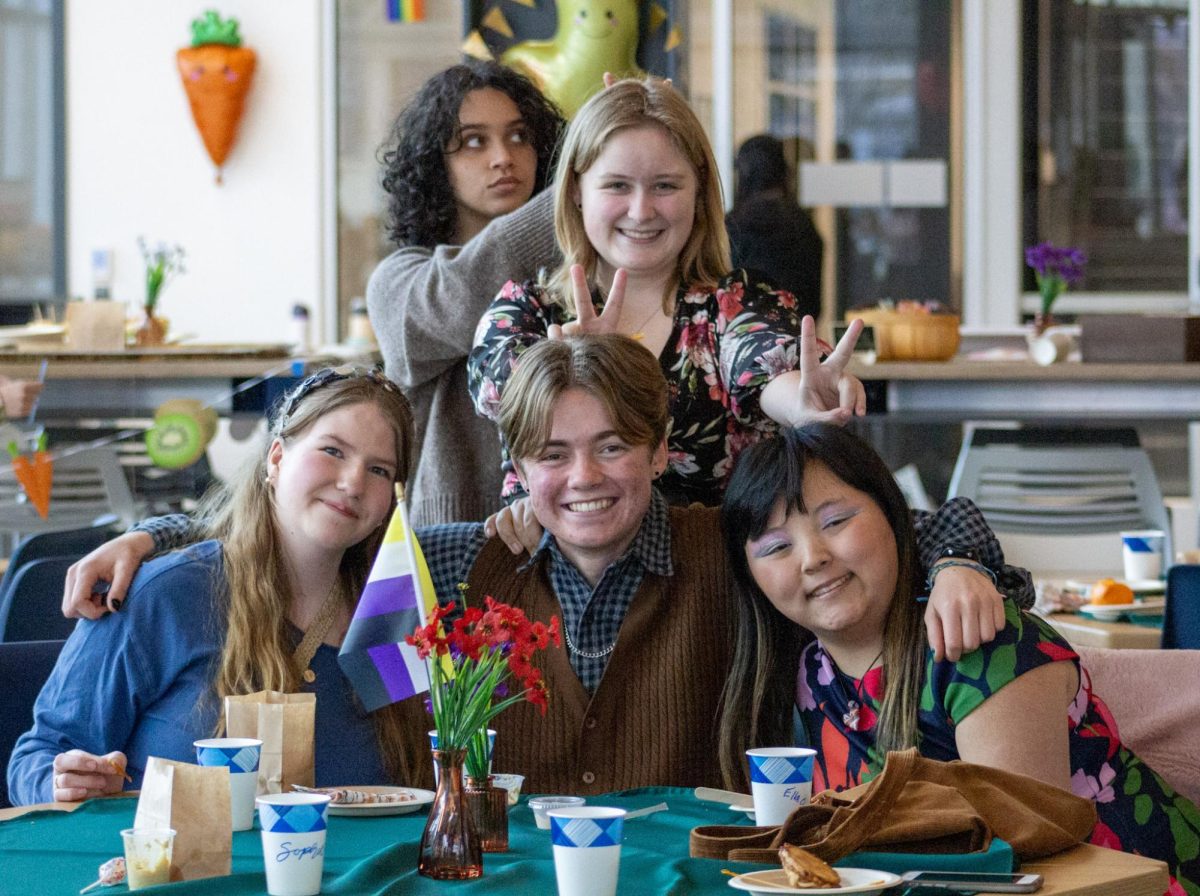The movement has been associated with burning bras, fights over equal pay, and suffrage. But what does it truly mean to be a feminist?
The feminist movement began in the United States in the late 1800s, and has since developed into a diverse campaign spanning women of many different ages, cultures and locations. The Talon has interviewed individuals of different ages to discover what feminism meant to them growing up and how they view it today.
Oldest Generation: 70+
Beth Rosso, a longtime Los Altos resident, grew up in Omaha, Nebraska in the 1920s, at a time when feminism was virtually nonexistent.
“People lived a certain way and that was the accepted way,” Rosso said. “You deferred to the man.”
When Rosso started working later on, she chose to work in a female-dominated industry, nutrition.
“I wanted a career where I wouldn’t have to compete with men,” Rosso said. “I don’t think I would have made it in a male-dominated area.”
Rosso was a unique case. In this time period, it was abnormal for women to work, as they were expected to stay at home.
“When I married in 1962 I thought I would never have to work,” Liz Nyberg, head of human resources at the Los Altos Town Crier, said. “And I didn’t want to work. I married a doctor, I shouldn’t have to work.”
As time passed, more and more women of this generation began to get jobs and start their own careers. Through the process of working, these women began to develop an understanding of the feminist movement. For some women of this generation, feminism is associated with loud protests. In their minds, to be a feminist is more about the actions you take, rather than the mindset you have.
“I appreciate the work that Gloria Steinem and Betty Friedan did with getting feminism put on the map, but I would never have done that,” Nyberg said. “I do not view myself as a feminist. They tend to have a bit of an angry reputation…and will use protesting to get their way.”
For other women of this age, feminism is associated more with how you behave in your everyday life.
“Feminism means being independent, and not letting men run all over you,” Rosso said.
“You have to be in control of your own life and your own actions.”
In particular, women of this generation see portrayal of women in the media as one of the biggest issues that still needs to be addressed.
“The woman are really being portrayed in a sexist fashion,” Nyberg said. “[Models and actresses], the way they dress now with lots of cleavage, and then guys ogle them. It’s all about one night stands.”
This sexist portrayal of women in the media has led, according to women like Nyberg, to an increase in the sexualization of our society as a whole.
“I mean on your first date women go to bed with men, and this is [shown] on eight o’clock television,” Nyberg said. “That’s a far cry from fifty years ago when I was dating. Oh no, you would not do that on your first date. I think there were a lot more virgins way back then then there are today.”
Middle Generation: 40-60
The 1970s was the crux of the feminist movement, as momentous changes took place both socially and legislatively.
Assistant Principal Galen Rosenberg graduated as a women’s studies major at UC Berkeley in 1983. At this time, the most important issue of the feminist movement was getting more women hired in professorships and the business sector. However, at times it was unclear who the movement was targeting.
Rosenberg argues that the movement was generally led by white, upper middle class women, as they had money, time and power to lead the movement. Although they made quite a bit of progress, many women born between 1950 and 1970 feel that underlying prejudices still exist, particularly in the workplace.
“There are many more women out there in every sphere of the economy but the quality of the experience is not necessarily as equal or as good as it should be [for women],” Professor of Anthropology at Santa Clara University Sangeeta Luthra said.
A anonymous woman who worked in the technology industry for over 25 years still feels that there is underlying discrimination in her company. She cites Sheryl Sandberg, C.O.O. of Facebook, as a feminist icon.
“It drove a point home that I may not be asking for what was due to me at work [like raises and promotions],” the anonymous source said.
Women who are mothers are also inherently at a disadvantage in the workplace.
“I think women have been discriminated against because [generally people believe if a] situation arises you can always call on a man, but if you call on a woman, she [says things like] ‘Oh, I have kids I need to take care of, I can’t deal with that,’” Blach Intermediate School math teacher Marcia Chron said.
The issue of women not being taken seriously as professionals is also prevalent. Luthra often finds that it is hard to get students to respect her because of the fact that she is a woman. She recounts an instance when a male student, not believing she had the knowledge to be teaching her class, asked to see her qualifications on the first day of class.
“I had to tell him that if you are concerned about that, talk to the chair of my department, and he didn’t come back to my class,” Luthra said. “That is a minority, one student out of many…but I do get a little bit of that — it’s subtle, but it’s there.”
In addition, there are misconceptions about what feminism truly intends to accomplish.
“I think the one thing about feminism that people aren’t as focused on is that feminism…is good for men too,” Luthra said. “Feminism promotes a better and more equal society.”
Women born in the 50s-70s share a common belief that women should not feel restricted by gender roles.
“[We need to recognize] the value of what women do, and not devalue it,” Luthra said. “Thats the reason why we need feminism….Even if it is just something like cooking a meal, or washing the dishes…Even if it is simple and unglamorous it has great value for the family and for the society.”
Young Women: 25-35
For women born in the late 70s-80s, feminism has come to be heavily associated with gender roles.
English teacher Carrie Abel grew up in a small town in the Santa Cruz mountains, which was generally quite conservative.
“Definitely it was weird [for people in my town] that I went to college, it was weird that I left, it’s weird that I have a job,” Abel said.
As a result, Abel is extremely aware of defined gender roles in society, and what is considered “socially acceptable” for women.
“Being a feminist to me is being aware of what is socially constructed, especially in the media, and how that has become so normalized that people don’t notice it anymore,” Abel said.
She often finds that gender normalities play a role in stereotypes associated with women, particularly with female teachers.
“The perception is that because I am younger and I am nurturing as a female that automatically I’ll be good at my jobs as opposed to [being good because of] the skills that it takes,” Abel said. “It can be very frustrating.”
Despite all the progress that has been made regarding women’s rights, younger women still feel that some individuals misunderstand the meaning of feminism.
“Some people have this weird view that feminism is all…women who don’t shower or shave their legs or you know don’t wear bras…which isn’t [necessarily accurate],” English teacher Lindsey Regoli said.
Feminism has evolved significantly, and now combats new issues in addition to traditional feminist causes, such as equal wages for equal work.
“I feel like the current feminist movement doesn’t know what it is trying to do even,” Abel said. “I think that feminism gets a bad reputation because of the perception that men are pigs and woman need to be treated better and it almost [stops] becoming [about] everyone being equal and finding a unity.”
This belief that feminism can at times deviate from the idea of equality is becoming increasingly more prevalent among some younger women.
“I’m not necessarily pro-feminism, I’m pro-equality. Right? Which can be different, depending on different people’s interpretations,” Regoli said. “There are many ways women are still not equal to men…but society has also blocked men into a certain role, and that needs to shift as well.”
The feminist movement is viewed by many as a push for equality, and many believe that there is room for improvement.
“We all fit on this gender spectrum somewhere…Everyone should be equal and find a unity,” Abel said.









